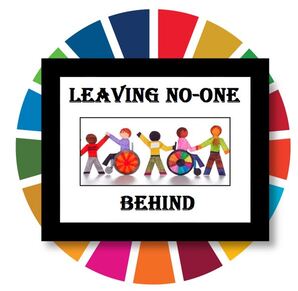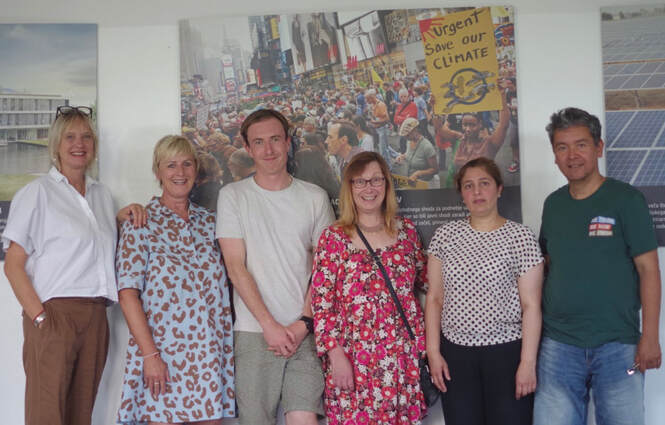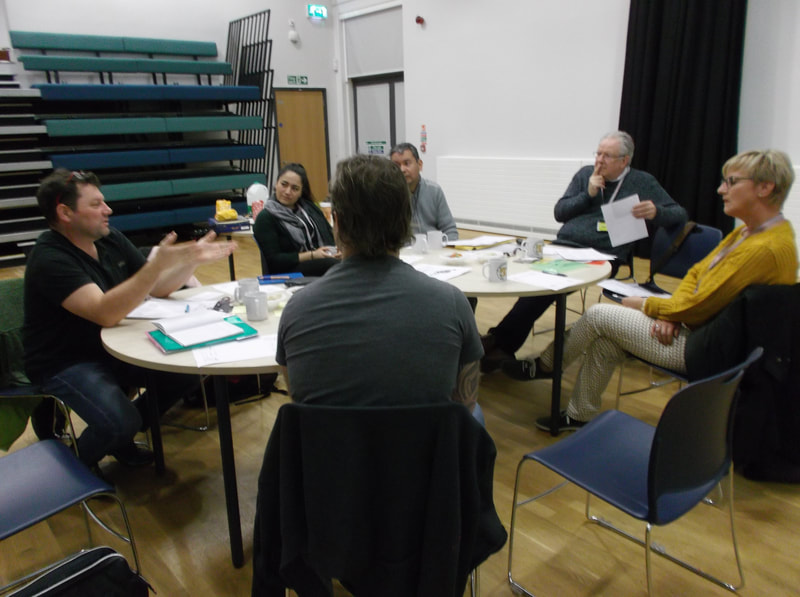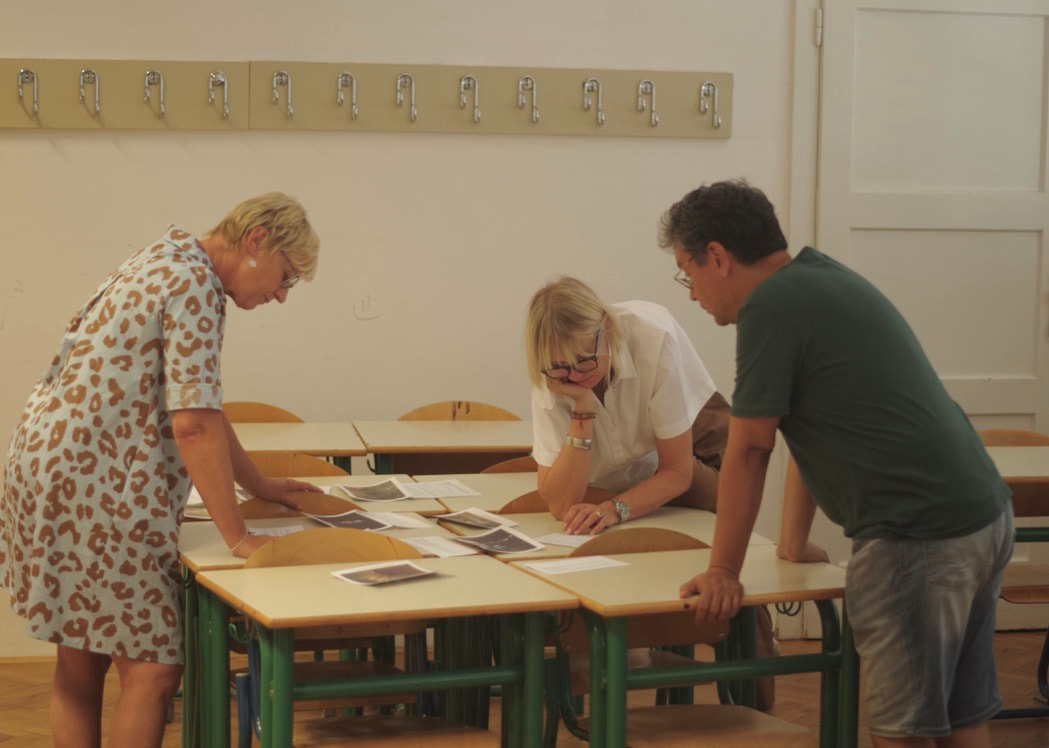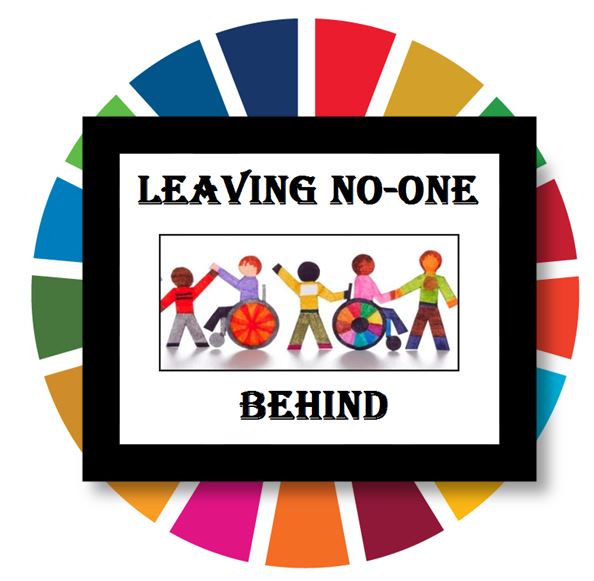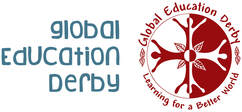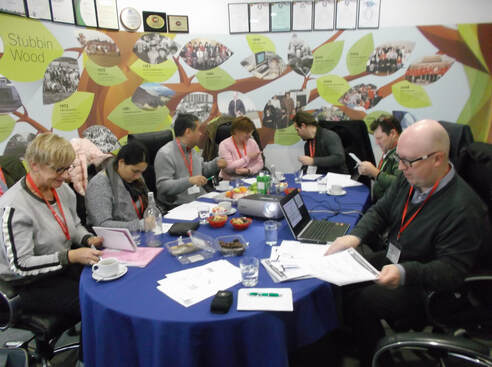
The theme of the project is to explore how the approaches of global learning can help Special Educational Needs and Disability (SEND) students and other marginalised groups achieve their full potential.
The project approach involves working with and/or raising awareness about socially excluded and marginalised communities; and promoting the use of dialogue-based and peer education methodologies in this context so that their voice can be heard.
The project will work directly with 40 SEND students, and 30 other students who, as children of recent migrants, are part of an outsider group and are underachieving academically.
Specifically it aims to equip these 14-19 year-olds with the critical literacy and peer education skills that will help them develop and communicate their own perspectives on sustainable development.
They will benefit personally, socially and academically from participation in the project - gaining communication and leadership skills, and the confidence and independence of thought to resist advertising and negative peer pressure.
Specifically it aims to equip these 14-19 year-olds with the critical literacy and peer education skills that will help them develop and communicate their own perspectives on sustainable development.
They will benefit personally, socially and academically from participation in the project - gaining communication and leadership skills, and the confidence and independence of thought to resist advertising and negative peer pressure.
The project is led by Global Education Derby, a specialist educational charity that works with educators to develop global citizenship, and has formal partners a secondary school in Germany and a development NGO in Slovenia. Two Special Schools from the UK are involved as associated partners.
The group is made up of organisations with very different experiences of exclusion and very different skill-sets but with a common concern about the importance of letting society hear voices that have been ignored or silenced in the past.
It contains elements of teacher training in innovative methodologies, integrated into a wider project that gives teachers the opportunity to further develop their practice through facilitating pupil-led learning in the curriculum and distil this experience into a new teacher resource accessible to others.
The group is made up of organisations with very different experiences of exclusion and very different skill-sets but with a common concern about the importance of letting society hear voices that have been ignored or silenced in the past.
It contains elements of teacher training in innovative methodologies, integrated into a wider project that gives teachers the opportunity to further develop their practice through facilitating pupil-led learning in the curriculum and distil this experience into a new teacher resource accessible to others.
Teachers will develop the skills to support marginalised and under-achieving groups, including using tools and techniques which enable young people to research the main sustainable development issues that interest them, reflect deeply on those issues, and communicate what they learn to others.
The development of an innovative new educational resource as part of the project will support ongoing work by teachers and schools beyond the end of the project, and allow other teachers to benefit from the work of the core group of teachers. In the longer term the project outputs will contribute to improving the quality and inclusiveness of education for sustainable development as carried out in European schools.
The development of an innovative new educational resource as part of the project will support ongoing work by teachers and schools beyond the end of the project, and allow other teachers to benefit from the work of the core group of teachers. In the longer term the project outputs will contribute to improving the quality and inclusiveness of education for sustainable development as carried out in European schools.
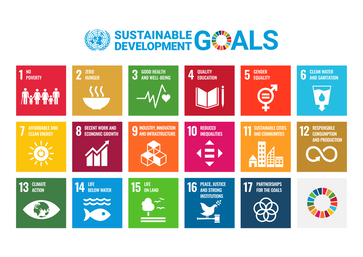
Activities take place within the framework of the UN Sustainable Development Goals (SDGs) to ensure that the skills and competencies developed are relevant to the needs of wider society.
The SDGs constitute an internationally binding agreement paving the way towards transformative policy, and the educational response to underpin this transformation is recognised as of central importance and incorporated into the SDGs as target 4.7, the achievement of which underpins progress towards all the other goals.
The SDGs constitute an internationally binding agreement paving the way towards transformative policy, and the educational response to underpin this transformation is recognised as of central importance and incorporated into the SDGs as target 4.7, the achievement of which underpins progress towards all the other goals.
